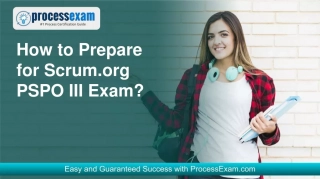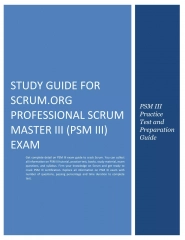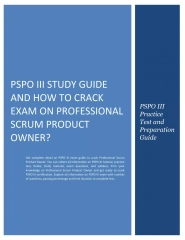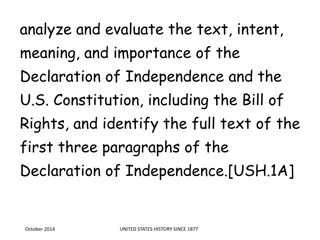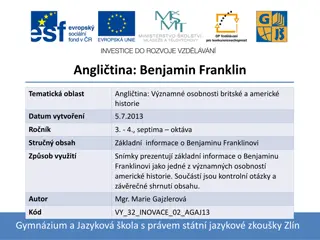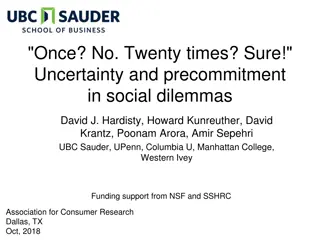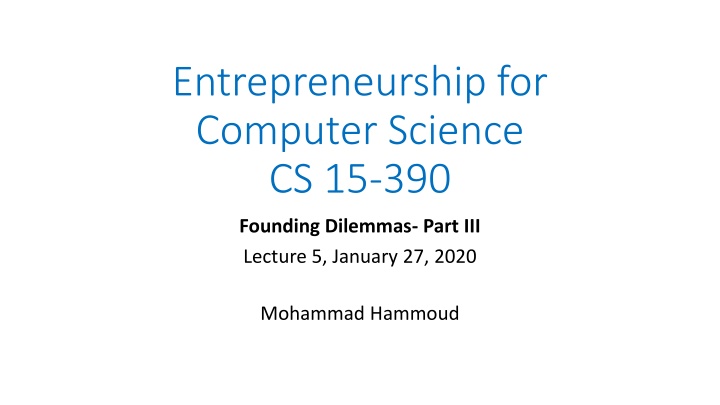
Equity Splits in Entrepreneurship: Founders' Dilemmas and Reward Strategies
Learn about the complexities of equity splits in entrepreneurship, including the 3Rs model, founding team dilemmas, and criteria for equitable distribution. Understand the importance of past contributions, opportunity costs, and future commitments in shaping equity agreements among founders.
Download Presentation

Please find below an Image/Link to download the presentation.
The content on the website is provided AS IS for your information and personal use only. It may not be sold, licensed, or shared on other websites without obtaining consent from the author. If you encounter any issues during the download, it is possible that the publisher has removed the file from their server.
You are allowed to download the files provided on this website for personal or commercial use, subject to the condition that they are used lawfully. All files are the property of their respective owners.
The content on the website is provided AS IS for your information and personal use only. It may not be sold, licensed, or shared on other websites without obtaining consent from the author.
E N D
Presentation Transcript
Entrepreneurship for Computer Science CS 15-390 Founding Dilemmas- Part III Lecture 5, January 27, 2020 Mohammad Hammoud
Today Last Session: Should I found solo or with a team? 3Rs model Today s Session: 3Rs model (Continue ) Announcements: PS1 is due on January 30 by midnight Milestone 1 (teams and ideas): student presentations on January 29 during the class
Sequence of Founding Dilemmas YES NO Should I Found Now? Should I be a Solo Founder? Founding Team Dilemmas: Relationships? Roles? Rewards? NO YES Remain Non-founder Beyond-the-Team Dilemmas: Hires? Investors? Successions?
Rewards: When to Split? Split Earlier Split Later Attract key players who need equity incentives If already worked extensively with cofounders in another startup Negotiate calmly before you are under pressure to split Learn about cofounders contributions Solidify startup s strategy and business model Solidify roles Learn about cofounders commitment; strengthen incentives Avoid continual renegotiations as things change
Criteria For Equity Splits There are no right answers and no objective criteria that can be used to split equity The outcome is fully subject to negotiation between the founders However, research shows that at least 4 criteria can be utilized to help craft a sustainable agreement 1. Past Contributions 2. Opportunity Cost 3. Future Contributions 4. Founder Motivations and Preferences
(1) Past Contributions How much has the founder contributed to building the value of the startup so far? Idea Premium: Founders who contribute the original idea on which the startup is based have made a unique contribution to the venture Research reveals an idea premium of 10% to 15% of extra equity Capital Contribution: Founders who have made larger contributions to the startup s seed capital should see a proportionate increase in their equity ownership
(2) Opportunity Cost What are the founders sacrificing in order to pursue the startup? Are they employed or not employed? If not employed, the opportunity cost will be lower If employed, do they hold low- or high-level positions which they enjoy and give them a financial security? High-level positions entail higher opportunity cost and accordingly higher equity stake
(3) Future Contributions Most of the work required for the startup to be successful will come in the future, but these are hard to anticipate How much can each founder be expected to contribute to the value of the startup down the road? Successful Serial Founders: research shows that these are usually given a premium of 7% to 9% of extra equity Level of Commitment: full-time or part-time? Titles: official positions influence equity splits, with CEOs receiving a substantial equity premium (i.e., 14% to 20% of extra equity)
(4) Founder Motivations and Preferences Motivation affects how much priority a founder places on gaining equity (benefit is long-term) versus cash compensation (benefit is short-term) In addition, personality (e.g., having tolerance for conflict) affects a founder s willingness to engage in negotiations The higher the tolerance for conflict, the higher the likelihood to pursue late equity split (quick equal splits are typically made to avoid difficult negotiations) Prior relationships affect expectations about equity splits This brings about an important theory in entrepreneurship called equity theory
Equity Theory Equity theory highlights the tight linkage between social factors (relationships) and economic factors (rewards) Founding teams usually operate under social logic or business logic For teams operating under social logic, preserving personal relationships takes precedence over maximizing business success These teams typically follow the rule of equal distribution (i.e., they split equity equally, even if individuals have very different levels of contribution) For teams operating under business logic, maximizing business success takes precedence over preserving personal relationships These teams typically follow the rule of equitable distribution (i.e., they split equity in proportion to the value of each individual s contribution)
Equity Theory Equity theory ultimately concludes that the best split for one type of team could be the worst equity split for another type of team, depending on the dominant logic operating in the specific circumstance
Linkage Between Prior Relationships, Equity Splits and Team Stability Prior Relationship Social Relationship (family, friends) Prior Coworkers Stable Team Unstable Team (inconsistent with business logic) Rule of Equal Distribution Basis For Equity Split Unstable Team (inconsistent with social logic) Most Stable Team Rule of Equitable Distribution
Linkage Between Prior Relationships, Equity Splits and Team Stability Prior Relationship Social Relationship (family, friends) Prior Coworkers Stable Team Unstable Team (inconsistent with business logic) Rule of Equal Distribution Basis For Equity Split Unstable Team (inconsistent with social logic) Most Stable Team Rule of Equitable Distribution
Linkage Between Prior Relationships, Equity Splits and Team Stability Prior Relationship Social Relationship (family, friends) Prior Coworkers Stable Team Unstable Team (inconsistent with business logic) Rule of Equal Distribution Basis For Equity Split Unstable Team (inconsistent with social logic) Most Stable Team Rule of Equitable Distribution
Linkage Between Prior Relationships, Equity Splits and Team Stability Prior Relationship Social Relationship (family, friends) Prior Coworkers Stable Team Unstable Team (inconsistent with business logic) Rule of Equal Distribution Basis For Equity Split Unstable Team (inconsistent with social logic) Most Stable Team Rule of Equitable Distribution
Linkage Between Prior Relationships, Equity Splits and Team Stability Prior Relationship Social Relationship (family, friends) Prior Coworkers Stable Team Unstable Team (inconsistent with business logic) Rule of Equal Distribution Basis For Equity Split Unstable Team (inconsistent with social logic) Most Stable Team Rule of Equitable Distribution
Sequence of Founding Dilemmas YES NO Should I Found Now? Should I be a Solo Founder? Founding Team Dilemmas: Relationships? Roles? Rewards? NO YES Remain Non-founder Beyond-the-Team Dilemmas: Hires? Investors? Successions? More on this later in the class
Next Class Market Segmentation

